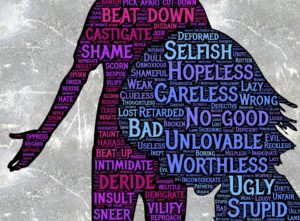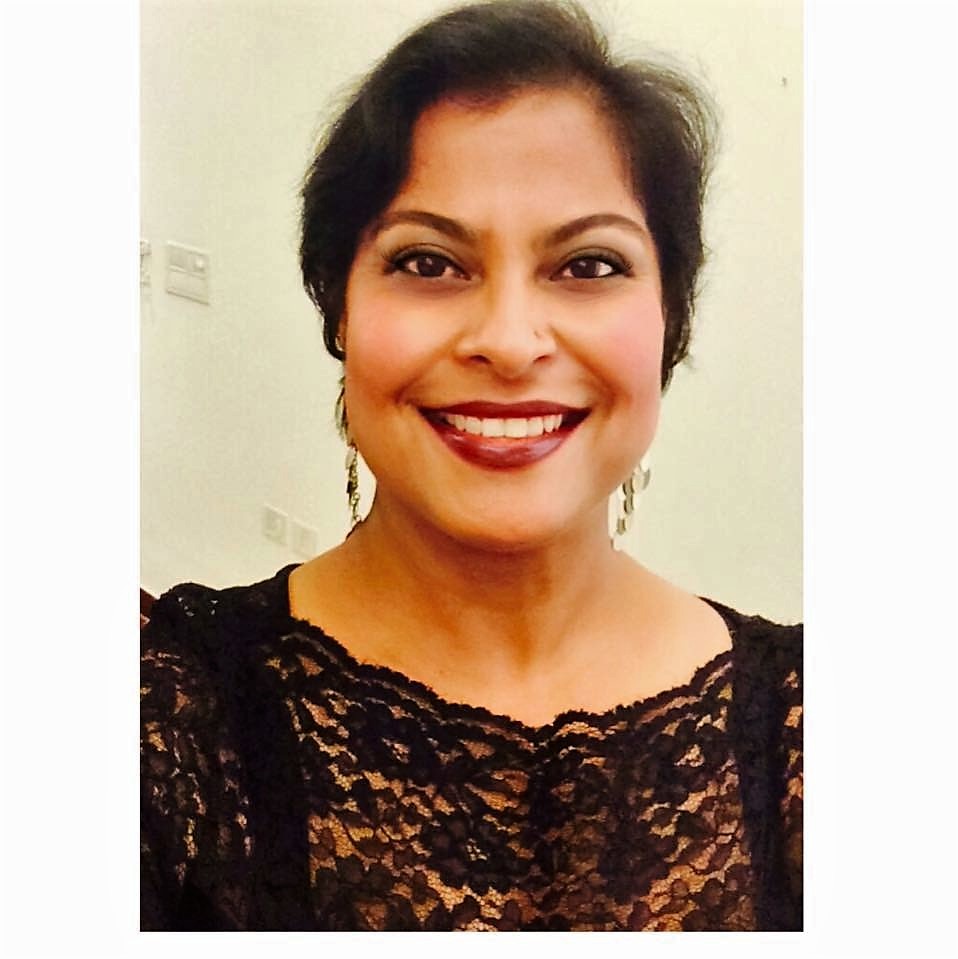“Leaving’s not an option when there’s nowhere to go.”
― Daniel Abbott, The Concrete
How often had I heard these words during my volunteering days at the Houston Area Women’s Center in Houston, TX? It’s more times than I would like to remember. At the Center, I worked with victims of domestic violence and abuse. Sometimes, with their children as well. My focus was women of Southeast Asian origin, as I can speak numerous Indian languages such as Hindi, Bengali and Oriya. Time has moved on, and so have I, since my volunteering days; but there’s always been one constant that has not disappeared. It’s like a stubborn stain that resists persistent washing. The dark and fetid world of domestic violence.
Well, what really is domestic violence? The dictionary defines domestic violence and abuse as, “behaviors used by one person in a relationship to control the other. Partners may be married or not married; heterosexual, gay, or lesbian; living together, separated or dating”. Although both men and women can be abused, most victims are women.
 Abuse against women cuts across borders. Age, socio-economic status, educational background and geographic boundaries seem to play a very small role in who gets victimized. It is a global disease that acts as a deterrent to woman’s safety as well as ending gender inequality. Many abused women tend to suffer silently and live their dark lives in the closet, often fearing for their safety as well as ostracism from a dysfunctional society.
Abuse against women cuts across borders. Age, socio-economic status, educational background and geographic boundaries seem to play a very small role in who gets victimized. It is a global disease that acts as a deterrent to woman’s safety as well as ending gender inequality. Many abused women tend to suffer silently and live their dark lives in the closet, often fearing for their safety as well as ostracism from a dysfunctional society.
In some cultures, social stigma plays a very significant role in these women, not admitting that there is a problem. Domestic violence and abuse can be both emotional and/or physical. Although emotional abuse doesn’t always lead to physical abuse, physical abuse is almost always preceded and accompanied by emotional abuse. Nothing is more damaging to one’s confidence and self-esteem than being in an emotionally abusive relationship. Emotional abuse can occur between parent and child, in friendships, and with relatives. I believe that emotional abuse is more detrimental than physical abuse because it slowly disintegrates the victim’s sense of self-worth and creates lifelong psychological scars and pain. How ironical that the victims of abuse quite often don’t see their mistreatment as abusive. They develop coping mechanisms of denial to deal with the stress. Long term, this leads to depression, anxiety and PTSD (Post Traumatic Stress Disorder).
Unlike physical abuse, which is very visible and rears its ugly head in dramatic outbursts, emotional abuse can be elusive. It destroys ever so silently, stripping away methodically, consistently and painfully every vestige of self-respect, confidence and dignity. Anyone can be a victim. Victims can be of any age, sex, race, culture, religion, education, employment or marital status. Children in homes where there is domestic violence are more likely to be abused and/or neglected. Most children in these homes know about the violence. Even if a child is not being physically harmed, they often suffer from emotional and behavior problems.
A Few Signs of Domestic Violence and Abuse:
- Repetitive pattern of constant criticism, name-calling or emotional put-downs
- Intimidating a partner into believing they deserve the abusive treatment
- Preventing a partner from contacting their family or friends
- Lack of financial control, as in withholding money
- Stopping a partner from getting or keeping a job
- Actual or threatened physical harm
- Sexual assault
- Stalking
- Manipulation
How You Can Help:
I recently read a quote, “You can heal broken bones but you can’t heal a broken mind”, but the truth is far from that. Broken minds can also be healed and you can be instrumental in doing just that. So, if you have you been wanting to change the face of domestic violence and womanhood but not sure of how, here are some things you can do. Remember, no step is too small.
- Support a friend or family member who may be in an abusive relationship. Support each other to build a strong and safe environment. Be each other’s pillar of Strength.
- Train as a counselor so that you can actively counsel battered women.
- Volunteer at a local domestic violence shelter or any other organization that is working towards prevention of violence and women’s safety.
- Raise children to respect others. Teach children to treat other as they would like to be treated. Talk to your children about healthy relationships and the importance of treating others with respect.
- Lead by example. Work to create a culture that has no tolerance for domestic violence. Speak up and act against abusive messages and actions.
- Donate to a domestic abuse shelter or organization in your area.
Don’t be Afraid – My Story:
Step out of your comfort zone. Challenging as it sounds, it can be quite refreshing and immensely gratifying to help a fellow human being in distress. Perhaps you may not be able to help the first 10 people but the 11th victim of abuse just might be your turning point. During my stint at the women’s center in Houston, I remember a night when the abusive boyfriend of one of my clients that I was working with, came banging on my door. The client was my friend, so her boyfriend knew where I lived. Was I scared? Yes!! He threatened to break down the door and hurt me. He also threatened that he would come to my place of work and malign my name in my community if I came near his girlfriend again. It was past midnight and I was young and single, living alone in an apartment in those days. He was loud, verbally abusive and basically ended up waking up the neighbors who I didn’t really know. Once I was completely awake I did two things: I did not open the door and I dialed 911. I also told him that the police were on their way and that he should leave before he is arrested for harassment and intended assault. As counselors, we are trained to handle high stress and sometimes potentially dangerous situations such as these. However, I must say that there were moments of self-doubt and a certain hesitation in continuing to volunteer especially after incidents such as this. But the look of sheer relief on the victim’s face, their newly acquired sense of security and the sheer will to restart their life once they were free from the ugly clutches of their abusers is totally worth it, and reason enough to consider volunteering.
If You Are Being Abused, ALWAYS REMEMBER
- You are not alone
- It is not your fault
- Help is available
I would like to share a poignant poem on domestic violence. The poem speaks of a false sense of hope that the victim holds onto dearly, with fragile strings; strings that threaten to break at the slightest breeze. The poem was written by Mamata Misra, a compassionate writer, who draws her inspiration from an abundance of experiences and thoughts that arose out of the situations and experiences of people around her. She is a well-known activist against family violence and is the co-founder of an organization called Asian Family Support Services of Austin (formerly Saheli) in Austin, Texas.
The red bud tree in my back yard is dressed in bright pink. Fooled by the unusual mid-January warmth. Surely, it’s spring, it says. The weatherman shakes his head. The Alaskan front is days away from stripping of that beautiful attire. Malathi, when you say; Surely, he is going to change when he sees his baby kick and cry and touches the tender skin! After all, isn’t it his own flesh and blood! When you try not to remember how he left you to bleed alone, to starve not caring if his baby in your womb kicked or not, I feel like the weatherman, knowing that the battering front is only days away From turning your hope to despair. Originally published in Winter Blossoms and other poems, 2007, reproduced with permission from author.
Malathy’s Note:
If you live in the United States, FREE help is available via The National Domestic Violence Hotline 24x7x365. “No names, no fees, and no judgement. Just help.” If calling is not an option, you can chat with them online. They have several resources you can access free of cost.
Close to home in North Texas, Hope’s Door is a not-for-profit organization that services Plano, TX and Garland, TX. If you are of South Asian origin or descent, Chetna serves the Dallas, Tarrant and Collin Counties to spread education and awareness of the dynamics of family violence in both the South Asian and local community.




Besides this being a wonderful read, it was lovely to have come across this work you did,Shanta. As I read it, I was constantly mapping the experiences of two people I know to the points. One took remedial steps and the other just got too old and stubborn to accept it for what it was. The writing style was superlative and the poem at the end was apt and so moving. With these issues being recognized there is help and hope. What remains is still for people to take the step to seek that help. Thanks HI, for sharing,
Jyothi
Thanks for the wonderful comment Jo. There’s always hope! Kudos to the brave one that took the way out.
Very thought provoking blog Shanta! As the saying goes, the only thing that evil needs to flourish is for good people to do nothing. Kudos to all your efforts and involvement in raising awareness about being able to recognize the signs of domestic violence in order to act when we see it happening around us. Nice insight into all those tools available to help cope with the situation and to hopefully come out of it eventually.
And last but not the least, many thanks to Healthy Indian and Malathy for providing the platform for broader outreach 👍
Thanks for your feedback, Uma. This is a topic that not everyone is comfortable with, so spreading the word is important.